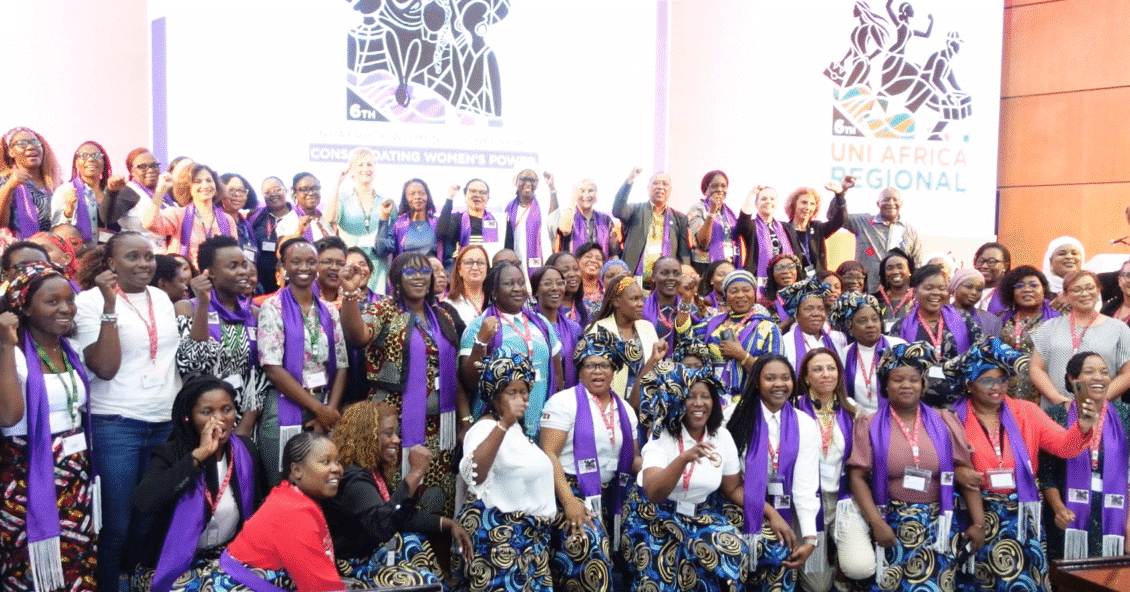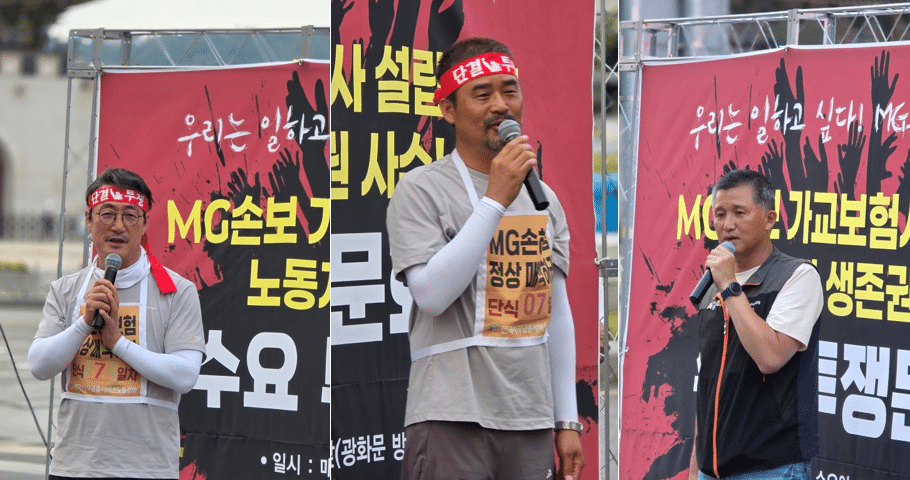UNI Global Union is urging the government of Qatar to protect the incomes of low-wage migrant workers during the Covid-19 pandemic, after multiple reports of workers left to beg on the street in the richest country in the world per capita.
“The more than two million migrant workers who power Qatar’s economy need to be supported with an income-guarantee scheme to cover basic needs during the pandemic,” said Christy Hoffman, UNI Global Union General Secretary. “Qatar is in a strong position to build a safety net for these workers and to avoid an unprecedented social, health and economic crisis in the kingdom.”
With only 313,000 citizens, Qatar’s swift modernization has depended on over 2.3 million foreign workers, mostly from Asian and African countries. Largely due to the 2022 FIFA World Cup and the rise of the tourism sector, the number of migrant workers has exploded in recent years to fulfill the country’s constant need for rapid construction.
Thousands of these migrant workers are now without income after the government allowed companies to put them on unpaid leave or terminate contracts following the cessation of operations —many of them have been forced to sign agreements to give up their jobs. Also, although employers have been ordered to arrange food and accommodations for these workers, their testimonies suggest that many workers have been left to fend for themselves. The situation also has severe repercussions in Nepal, Bangladesh, and other South Asian and African countries where families depend on the flow of remittances from Qatar that have now been cut off.
Along with the ITUC and other global union federations, UNI Global Union has been a long-time advocate in Qatar, and it will continue to support the process of labour reforms to benefit migrant workers there. UNI Global Union has been supporting the transformation process through the work of its Property Services Sector, which, together with a full-time Community Liaison Officer (CLO), is promoting workplace education in the growing private security industry in Qatar.
For the past two years, UNI Property Services has been part of bi-annual meetings between global union federations, the ILO and the Qatari ministry of labour, allowing UNI Global Union to help guide and monitor the progress of these labour reforms. Aditionally, for the past year, UNI Global Union has been building a network of security workers and joint committees, and advising workers, register and process grievances through the Qatari authorities.


